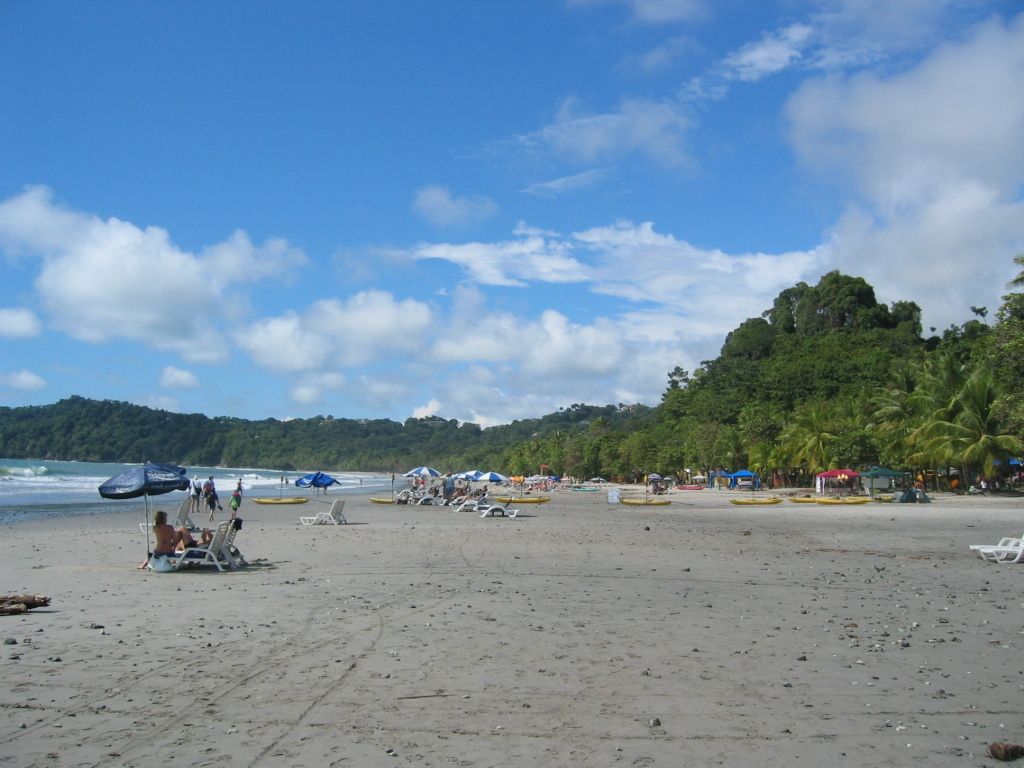Beat the Heat: Federal Agency Issues Extreme Warning for Our Country
Emergency State Declared by Federal Authority
Weather's whims can pose a substantive threat to your health and wellbeing. Even more concerning is the high-risk alert issued by the federal agency for our nation. In short, we're smack dab in the middle of a heatwave, and it's essential to safeguard ourselves.
Take Heed: Highest Danger Level in Effect - Protect Yourself
This year, temperatures are breaking records left and right. The federal agency's issued an alarming warning — the highest danger level is now active—meaning we gotta watch our backs, especially against the sun's potent UV rays. These rays can wreak havoc on our Health, putting pregnant women, the elderly, and kids at a higher risk. But everybody's at risk under that blazing sun.
To dodge the heatstroke or fainting, follow these tips:
- Indoor Retreat: Stay indoors during midday hours, when the sun's at its strongest.
- Shade the Windows: Darken the windows to slow down room heating.
- Hydrate: Drink more than usual on hot days, don't wait until you're parched.
- UV Protection: Wear light, long, and light-colored cotton clothes to protect from the sun.
Don't Skip the SPF!The Federal Office for Radiation Protection reports max UV values, especially in the south, where the danger level's sky-high. On mountain peaks, the UV index hits an unsettling 11. In other areas, the UV index could reach 9, but the peak's passed, and things are expected to improve soon. But let's not celebrate too soon!
To defend against the sun, remember these tips:
- Sunscreen: Coat yourself with sunscreen sporting a high SPF regularly.
- Shield Up: Embrace sun-protective clothing or use an umbrella to block the sun.
- Seek Shade: Find relief from the sun's glare whenever you can.
Additional Tips
- Limit physical activities: Stick to early morning or late evening exercising during the heatwave.
- Check on the vulnerable: Lend a hand to neighbors, especially the elderly or folks with mobility issues.
- Emergency Preparation: Have a plan in case of power outages or other emergencies.
Stay Informed:
- Stay Updated: Keep yourself informed with local news and weather reports about heatwave alerts and UV levels.
- Use Cooling Devices: Make good use of fans or air conditioning to keep your dwelling cool and cozy.
Let's stay cool, guard our health, and weather the heatwave wisely.
References
- https://www.emedicinehealth.com/heat_cramps/article_em.htm
- https://www.cdc.gov/disasters/heat/stay_cool.html
- https://www.healthline.com/health/heat-safety-tips#overexposure
- https://www.mayoclinic.org/healthy-lifestyle/fitness/expert-answers/staying-active-during-a-heatwave/faq-20408416
- https://www.redcross.org/get-help/how-to-prepare-for-emergencies/types-of-emergencies/heat-wave.html
In light of the extreme heatwave, it's crucial to prioritize mental health as well. The constant stress of high temperatures can lead to anxiety and depression, thus utilizing relaxation techniques such as meditation or deep breathing exercises could be beneficial.
Moreover, it's important to note that the heatwave doesn't just threaten human health. It could also have a detrimental impact on environmental science, particularly on wildlife habitats and ecosystems, as it disrupts their balance and poses a potential threat to various species.
Lastly, it's essential to consider our planet when combating heatwaves. Adopting eco-friendly practices during this time, like using energy-efficient devices and reducing waste, can help mitigate climate change and safeguard environmental-science in the long run.








